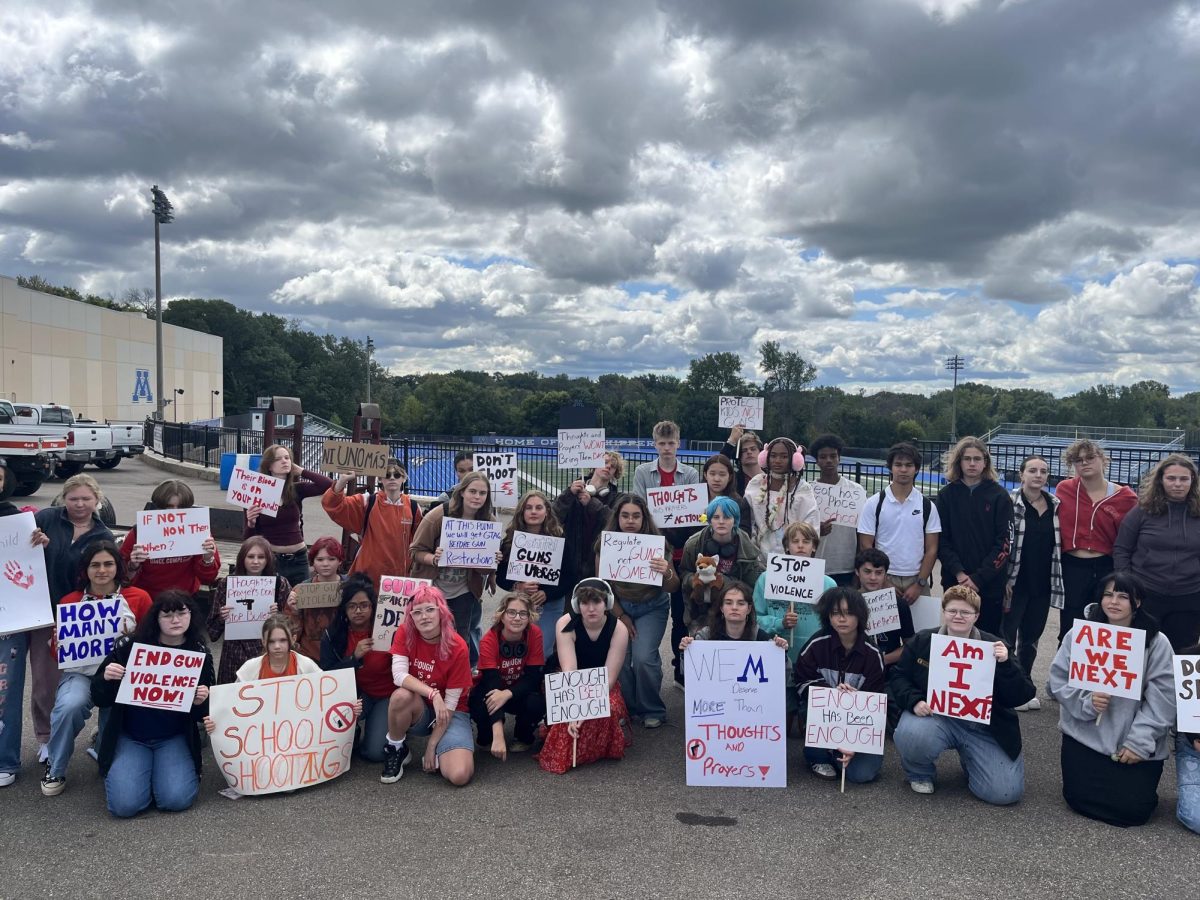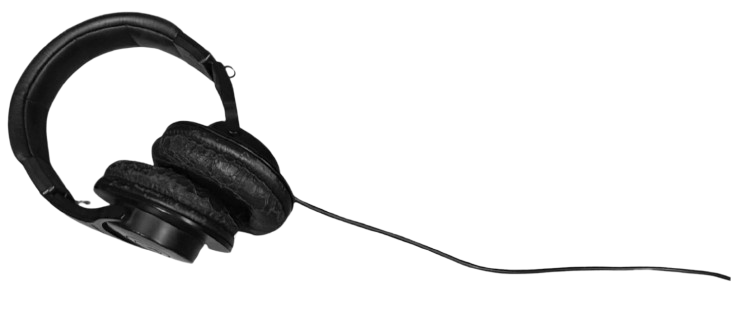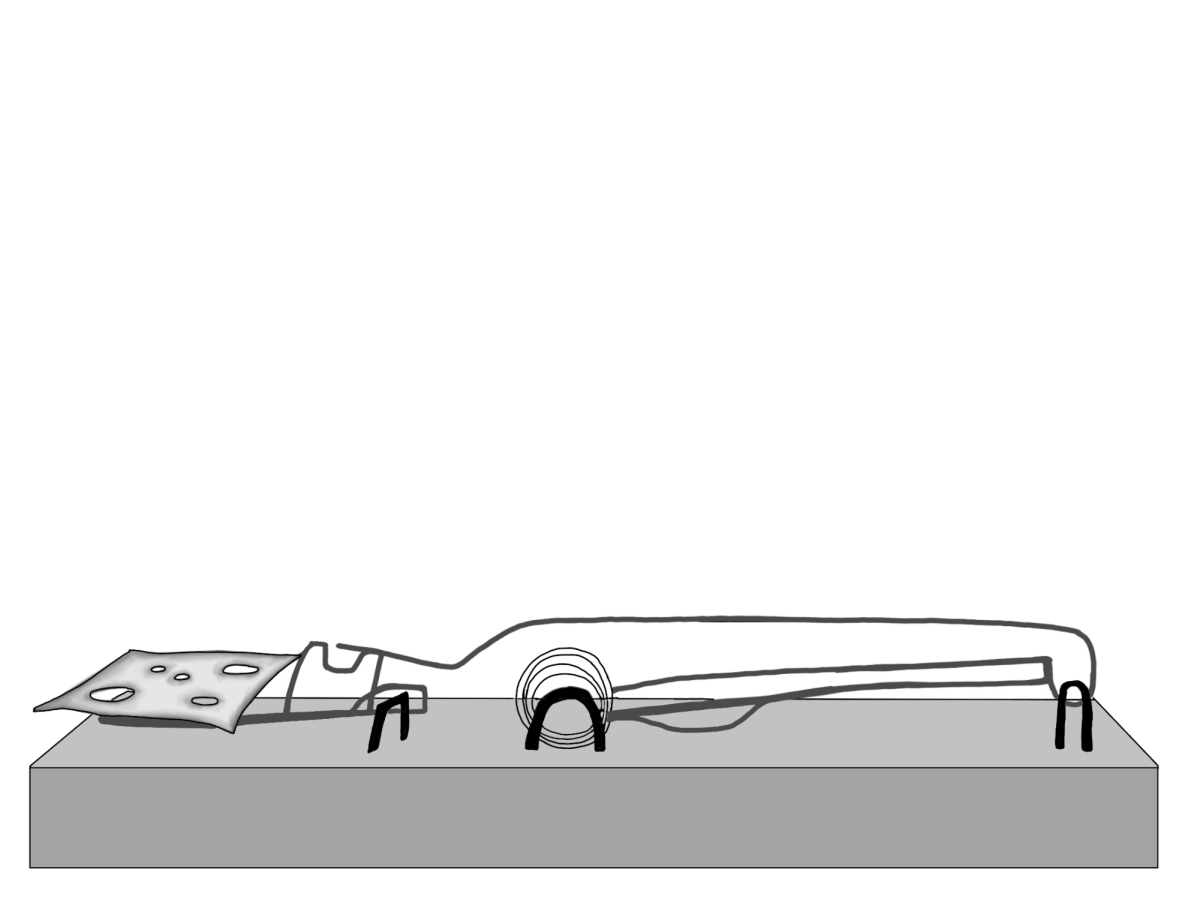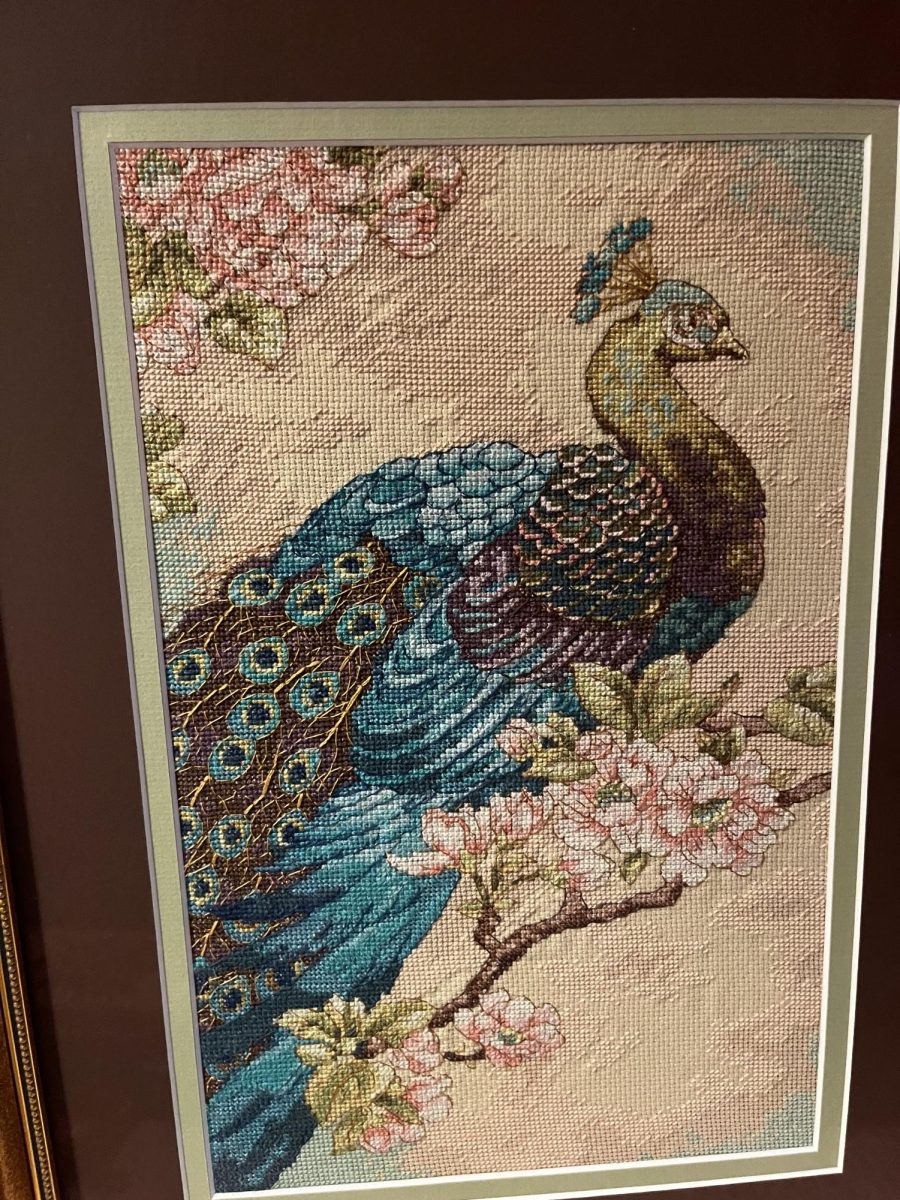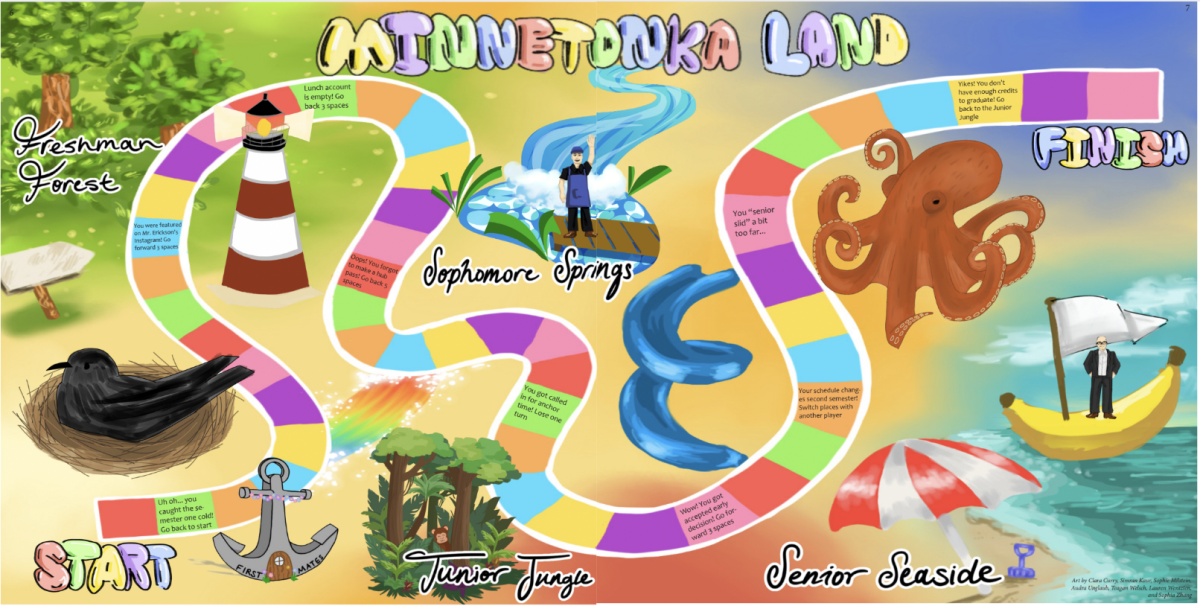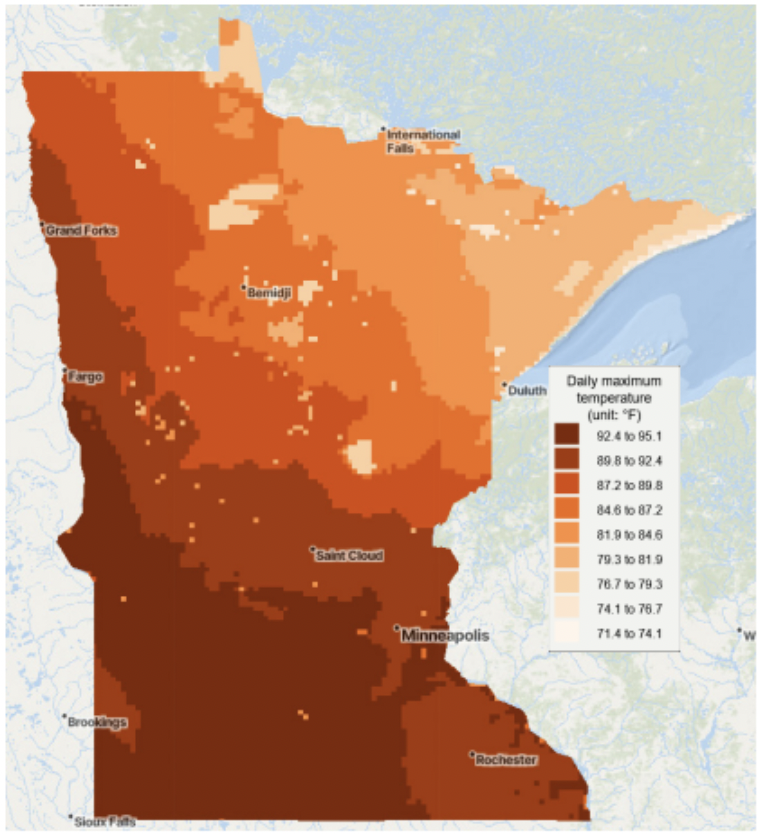“Psychologists have studied the dynamic [between] vegans and vegetarians, finding that vegans often were more hostile toward vegetarians than […] meat eaters.” States Brain Kateman in his Los Angeles Times article. Vegans and vegetarians seem eerily similar. Both choose not to eat meat, but that five letter difference means that vegans also do not consume any animal products, which ranges from eggs and dairy to clothes and products that harm animals. Pretty similar, right? Then how can this quote be true if they’re so similar?
One speculation is that vegans view vegetarians as hypocrites: knowing the horrors of the meat industry while still harming animals in other ways. In fact, many claim that vegetarians consume more dairy and eggs to make up for their loss of protein from losing meat. Vegans state that they understand that “omnivores” may not be knowledgeable on the mistreatment of animals within the meat industry, while vegetarians support animal rights but still choose to consume other animal products. A significant problem with this theory is that both vegetarians and vegans often choose to restrict their meat intake for reasons other than, as Mallory Deerolf, ‘28 puts it, “they don’t want to harm animals.” Many choose to become vegetarian because of environmental concerns, religious reasons, or health benefits, so to say that they are not staying true to their values would be incorrect in that case. Additionally, vegetarians actually consume 50% less eggs and 40% less dairy products than meat eaters according to an NIH study, making them still a detriment to all animal product industries.
Another reason is the concept of horizontal hostility, which means that similar, especially marginalized, groups are more likely to dislike each other. This can stem from being grouped together by people outside their groups, moral superiority, and other social factors. As stated previously, vegans and vegetarians often have almost identical motives for their diet, but different ideas of executing those motives and it can be frustrating to be lumped in with a group they feel they don’t share the same values as.
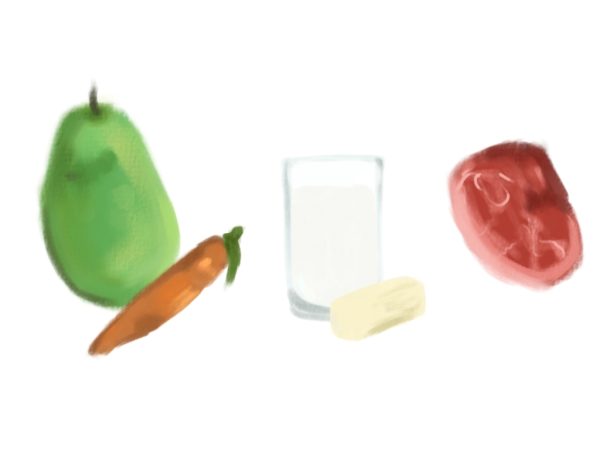
“Finish your compassion” is a phrase I hear often as a vegetarian. Going vegetarian for the past year has become a fulfilling experience for my values. But the world is still built for our omnivorous species. Like many diets, it can be a struggle to substitute the key protein our body needs to survive. My own iron intake has dropped from the absence of protein and I have since needed to hyperfocus on my diet to make up for this loss. I would love to go vegan, but unfortunately at this point in my life the detriments outweigh the moral payout.
While the world still depends on meat to survive, there is change being made. Companies like “Impossible” and “Beyond Meat” make a fully plant based diet more of a reality than ever and the options for vegans and vegetarians keep on growing. Vegetarianism is a step in the right direction, but not a requirement. The bottom line is people shouldn’t be judged for the food choices they make and whether they are an omnivore, vegan, vegetarian, pescatarian, or whatever else. As Gavin Riedemann, ‘27, says, “[people should] eat whatever [they] want, not my problem.”


